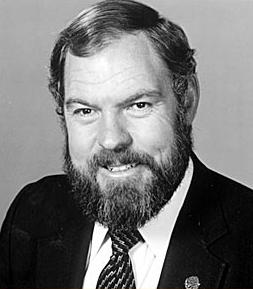A Quote by Clay Clark
Startup culture fosters laughter, debate, and a passionate, non-politically-correct focus on getting things done. And this startup of culture is something entrepreneurs struggle to maintain as the business grows. To ensure this environment continues, create a strong foundation and ensure everyone is on board.
Related Quotes
For a long time, I've ranted against naming your startup community 'Silicon Whatever.' Instead, I believe every startup community already has a name. The Boulder startup community is called Boulder. The L.A. startup community is called L.A. The Washington D.C. startup community is called Washington D.C.
I've been very fortunate to be at the startup of a lot of different things. I was the startup of the Pancrase organization in Japan. Became a big figure over there. Then I was in the UFC and was at the startup of that, and I was a big figure in that. Twice. Not only in the beginning but also when it was taken over.
The focus of my life begins at home with family, loved ones and friends. I want to use my resources to create a secure environment that fosters love, learning, laughter and mutual success. I will protect and value integrity. I will admit and quickly correct my mistakes. I will be a self-starter. I will be a caring person. I will be a good listener with an open mind. I will continue to grow and learn. I will facilitate and celebrate the success of others.
Generally speaking, experience counts for something. So you'd expect entrepreneurs who've been through the ups and downs of a tech startup to have an advantage over the newcomers. Or at least have an equal chance at success. But in fact the opposite may be true. A number of venture capitalists I've spoken with have said that too many "old guard" entrepreneurs are not being bold enough in their business decisions, and it's hurting their startups.
The Lean Startup isn't just about how to create a more successful entrepreneurial business, it's about what we can learn from those businesses to improve virtually everything we do. I imagine Lean Startup principles applied to government programs, to healthcare, and to solving the world's great problems. It's ultimately an answer to the question: How can we learn more quickly what works, and discard what doesn't?


































